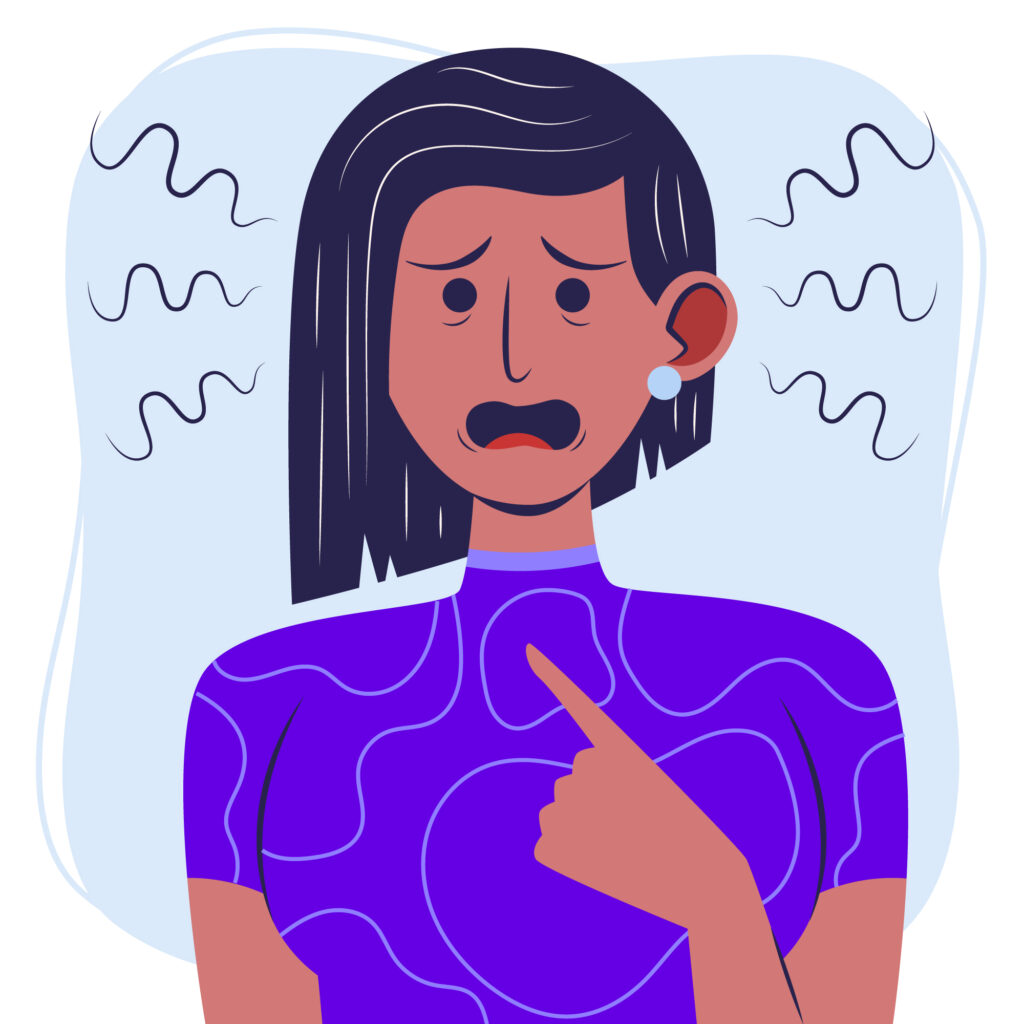How To Deal With Negative People

Do you know someone who constantly makes you feel drained or upset after talking to them? It might be because you’re dealing with someone negative.
Being negative doesn’t make anyone a bad person. Some people’s brains just tend to focus on feelings of failure, controversy, hurt, anger, or hatred. Sometimes people need to share how they feel to be heard and understood. It’s okay for people not to always feel happy and to share when they’re not feeling okay. However, it’s hard to know how to protect your energy when it starts to impact your emotional wellbeing and mental health.
Here’s our advice about how to deal with negative people:
Don’t just cut them off
The cancel culture trend has encouraged people to cut off the things that are bad for their wellbeing, but this isn’t always the best advice.
In some situations, this could work. It’s usually your last resort and not always possible. Sometimes, you have to be around people that aren’t your choice, like your classmates or colleagues, but learning to manage the situation could help you cope with the negativity.
If someone’s negativity is affecting your wellbeing, then, if possible, try to spend less time with them. If this is outside your control, you could talk to your teacher or boss. While this might be scary, sharing your feelings can help change things. Maybe they will let you move seats.
Understand your role
You might find it draining when someone’s negative because you’re being pulled into their sphere.
It’s natural to feel like you can fix a situation, but this isn’t your responsibility. When someone shares something negative, it isn’t your job to help them feel better. Taking it personally and thinking it has anything to do with you means you’ll likely get caught up in it.
Learning to listen and hear someone out without needing to help change the situation can help you feel less drained and cope better with negativity.
Avoid toxic positivity
Sometimes people tackle negativity with positivity, but this can be equally hurtful. Toxic positivity is when people dismiss negative thoughts or minimise problems to make them seem smaller. Examples include saying, “Always look on the bright side” or “It could be worse”.
Trying to find the good in situations can sometimes be helpful, but it can also invalidate people’s feelings and leave them feeling alone and that nobody understands. It can also lead to a lot of back and forth, which can be difficult to cope with. Try to avoid those meaningless phrases and instead acknowledge that things can be really tough.
Understand perspective
Have you heard about the glass half empty or half full thing? Just because you might be looking at the same situation as someone else, it doesn’t mean you see something in the same way. If someone has an alternative perspective to you, it doesn’t mean they’re wrong, it’s just different, and that’s okay.
Sometimes offering a different point of view can be helpful, but it’s a good idea to ask the person if they’d like to hear your perspective. If they don’t want to listen to you, that’s okay. They probably just needed to vent.

Set boundaries (and keep them)
Probably the best way to deal with negative people is to set boundaries.
You could try to redirect the conversation. If they’re not taking the hint, ask them if you could talk about something else. You could try saying, “This is upsetting for me, and I find it difficult to talk about. Can we talk about something else?”.
Talk to a Meic advisor
At Meic, our friendly advisors can talk to you about issues that are getting you down and will help you think of solutions to help yourself. The helpline is open from 8am – midnight daily. You can contact us free, confidentially and anonymously by text, call, WhatsApp message, or online chat.
























